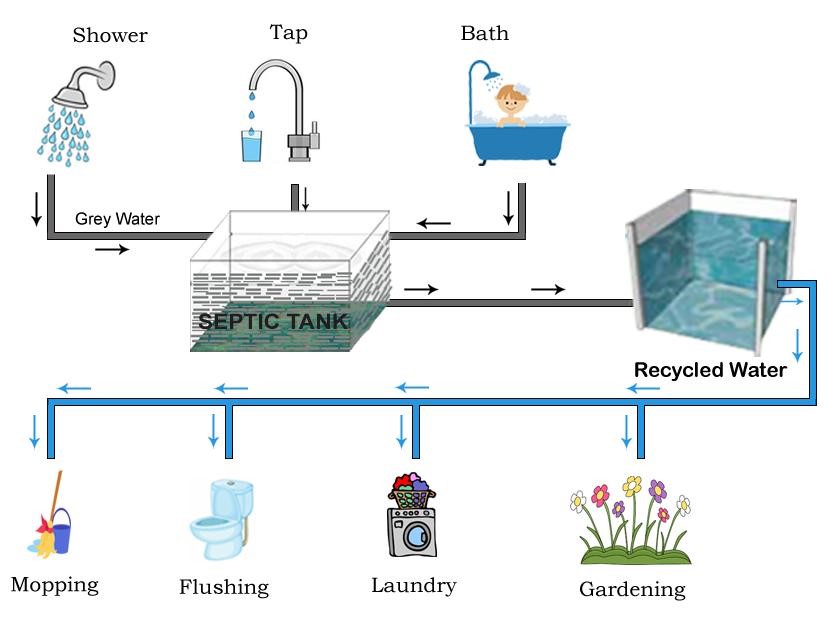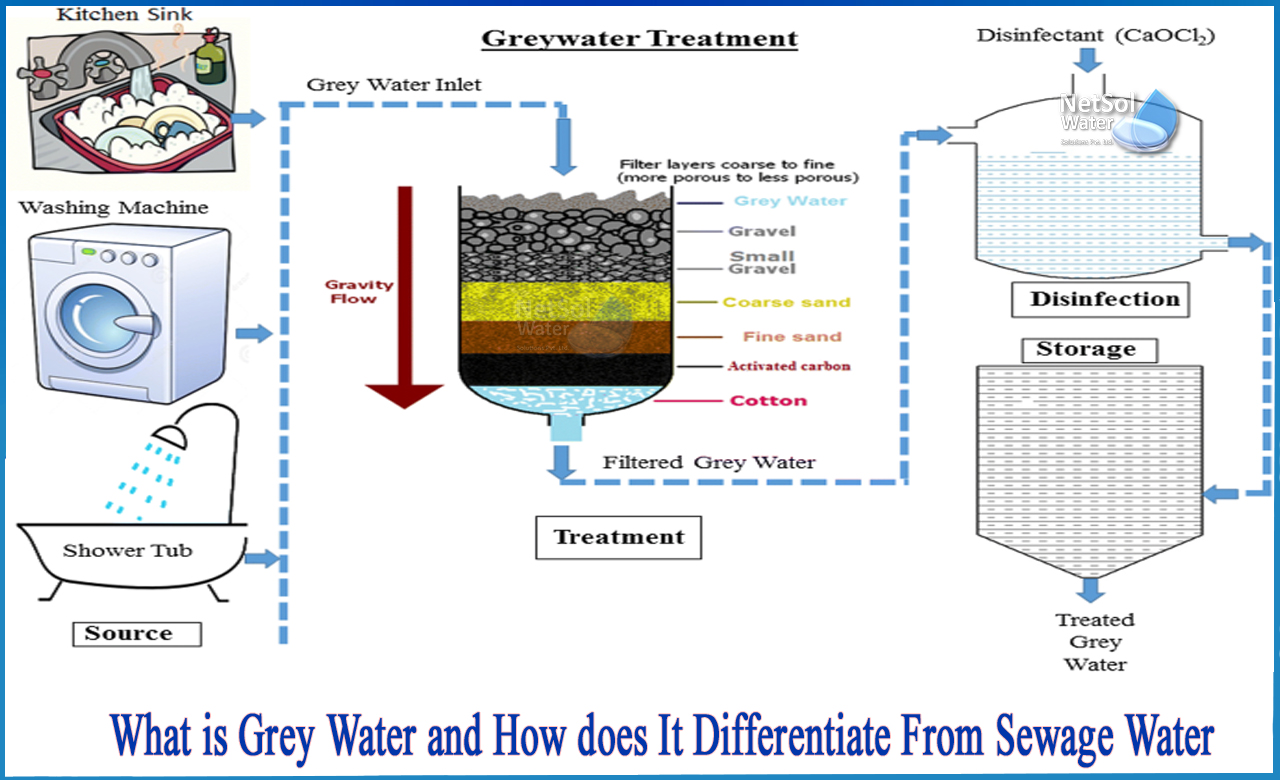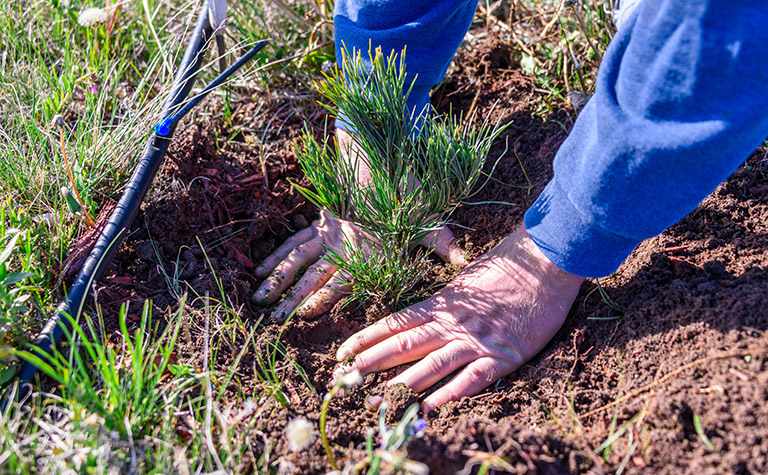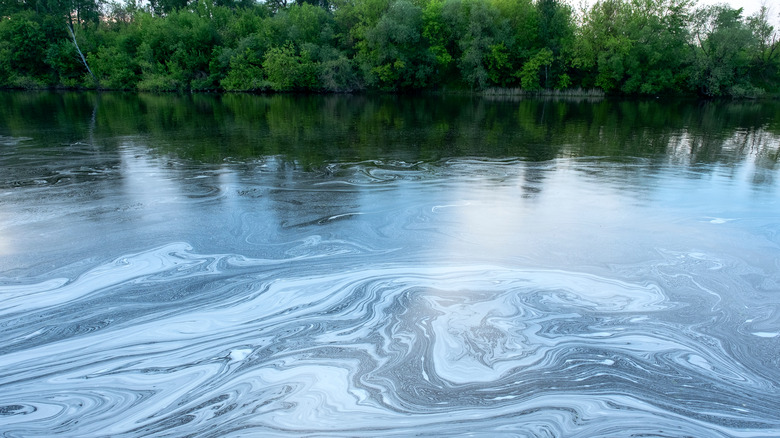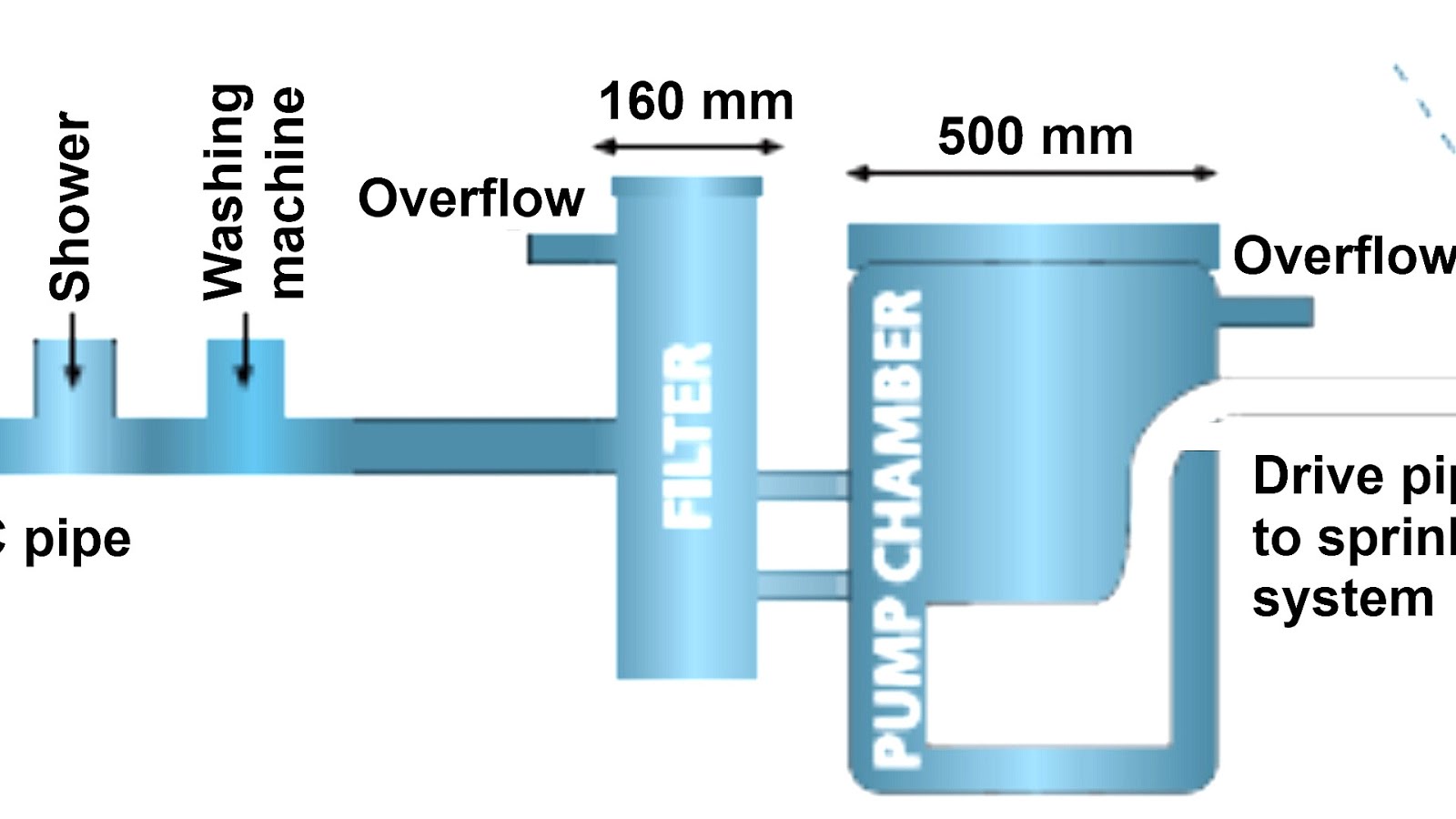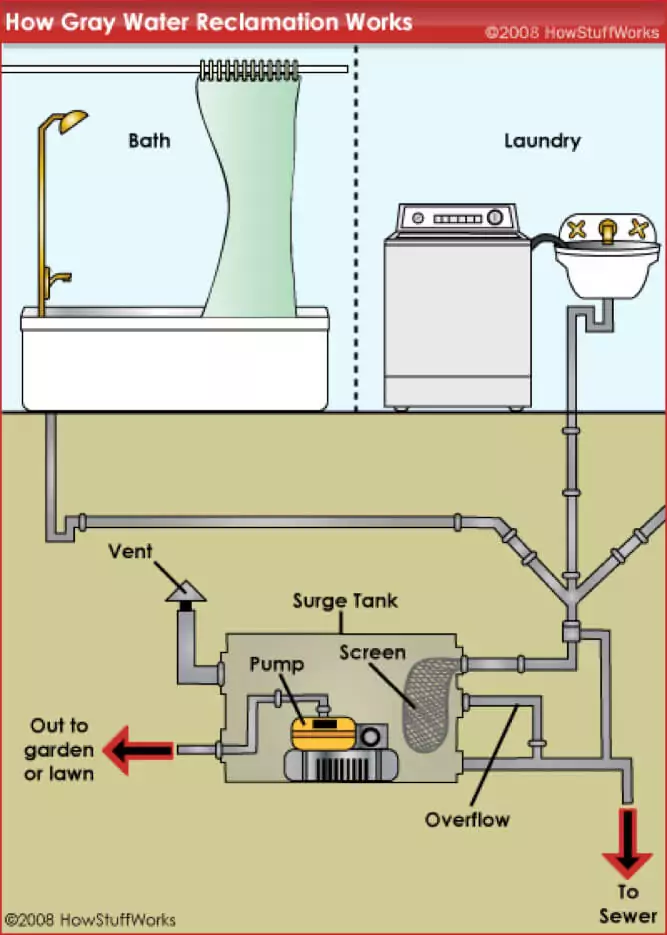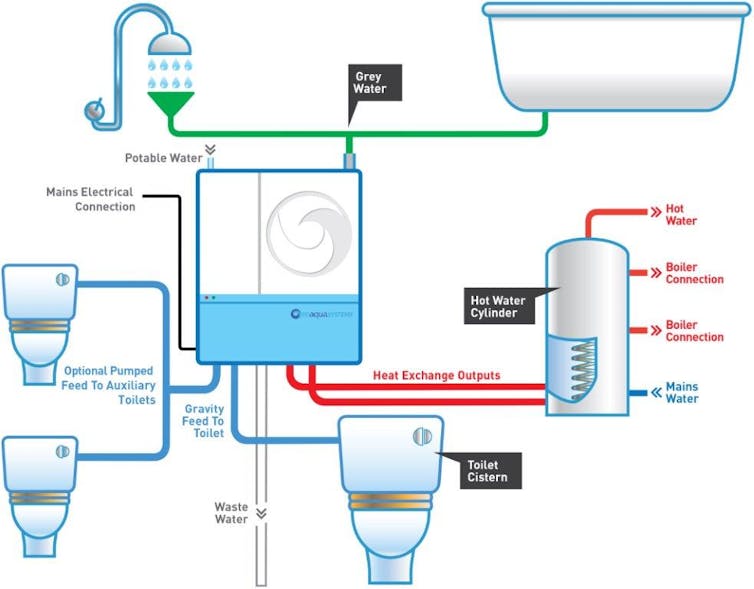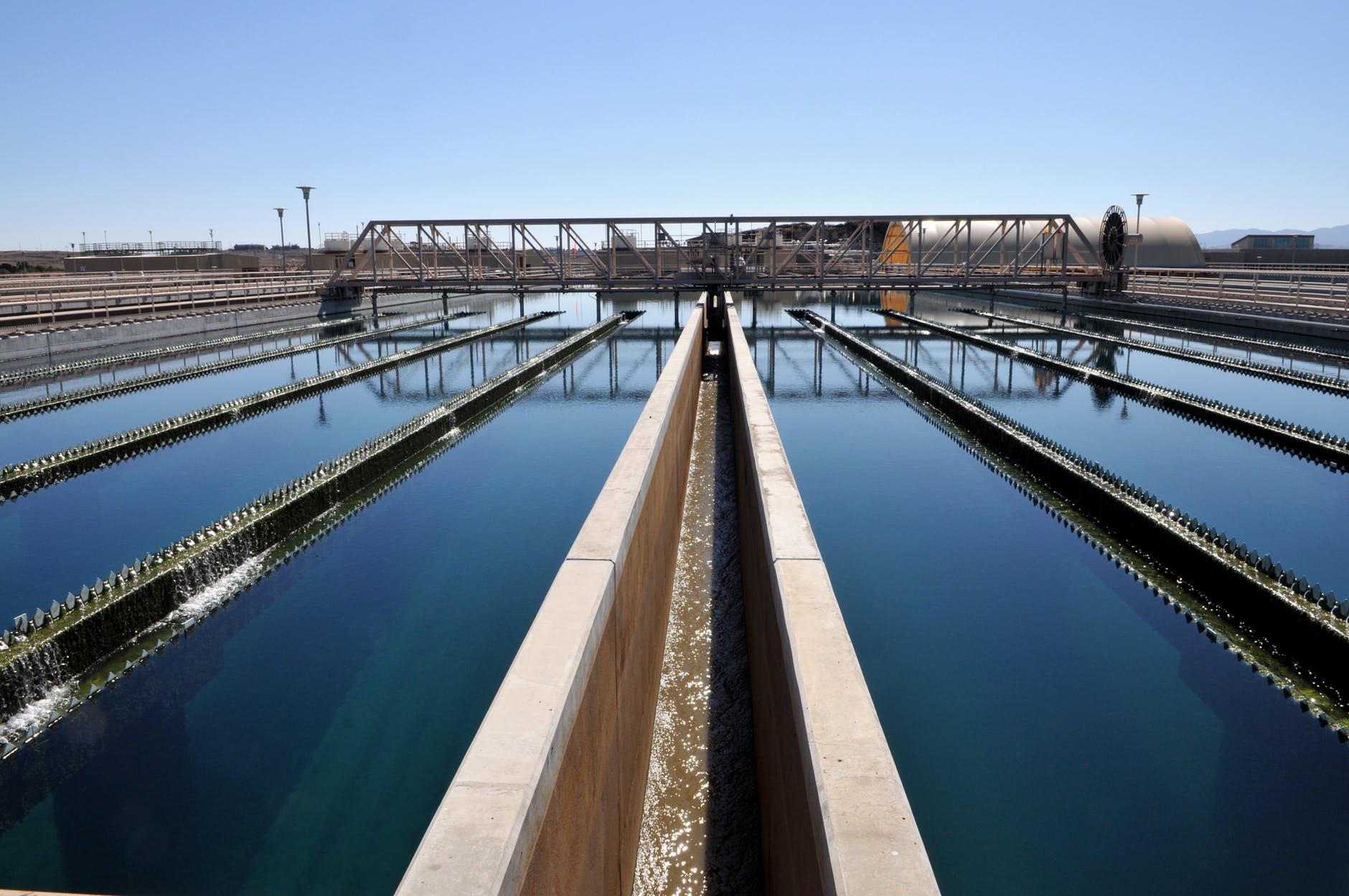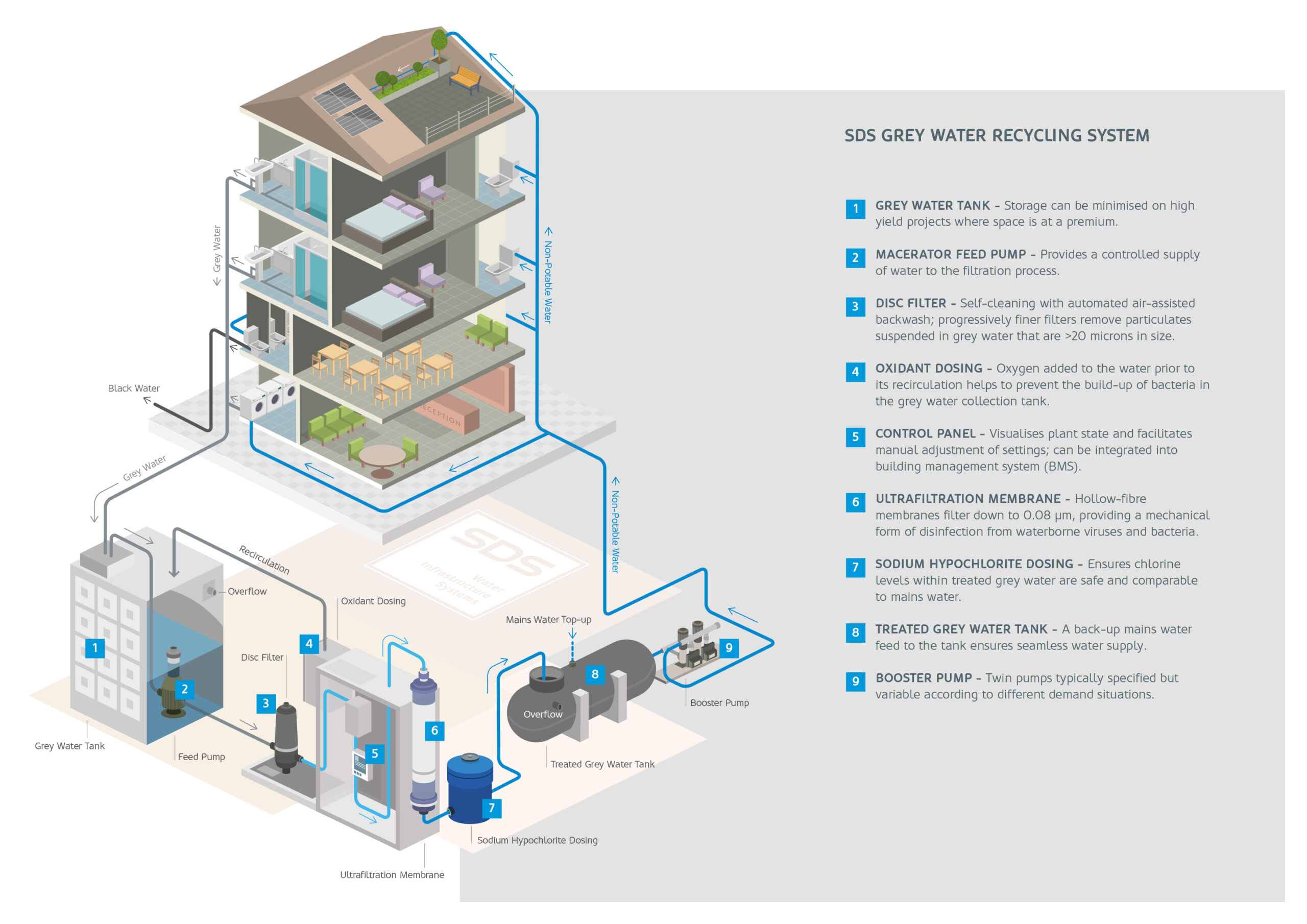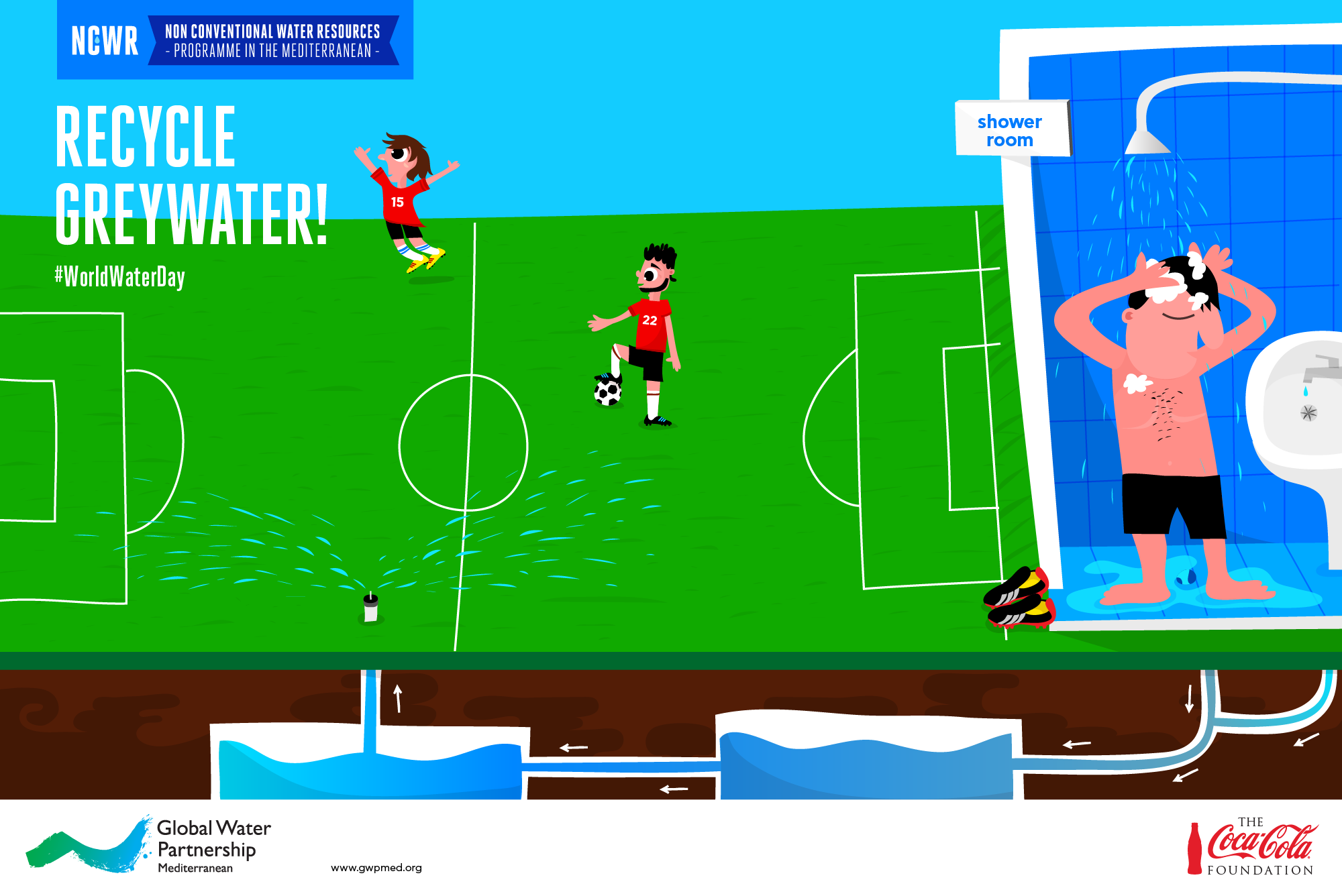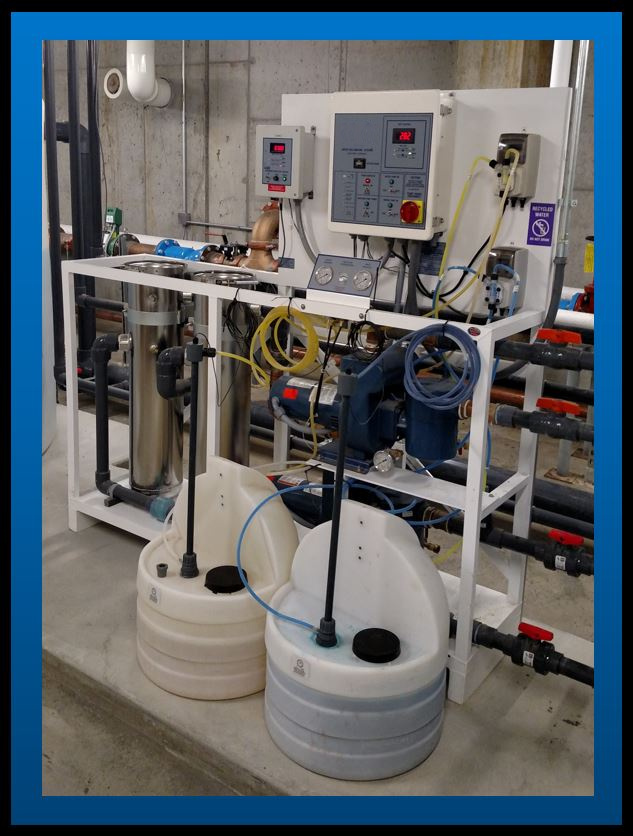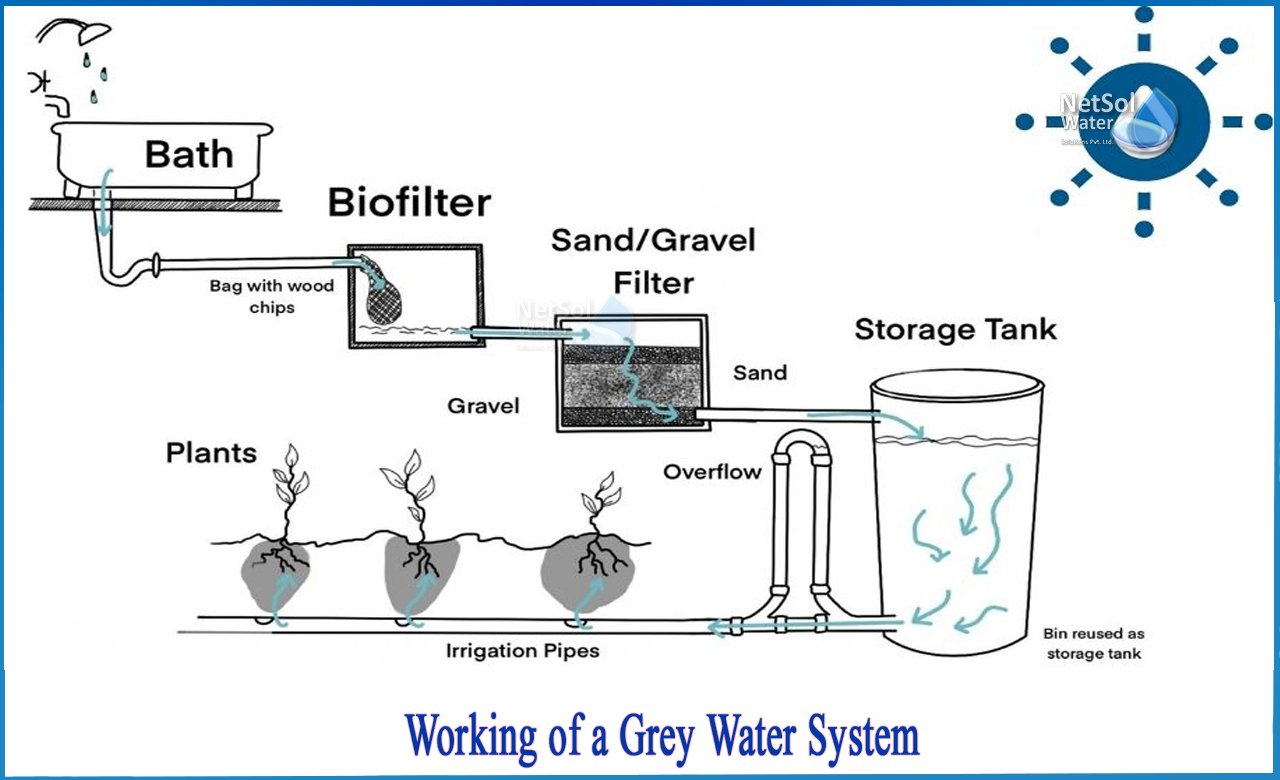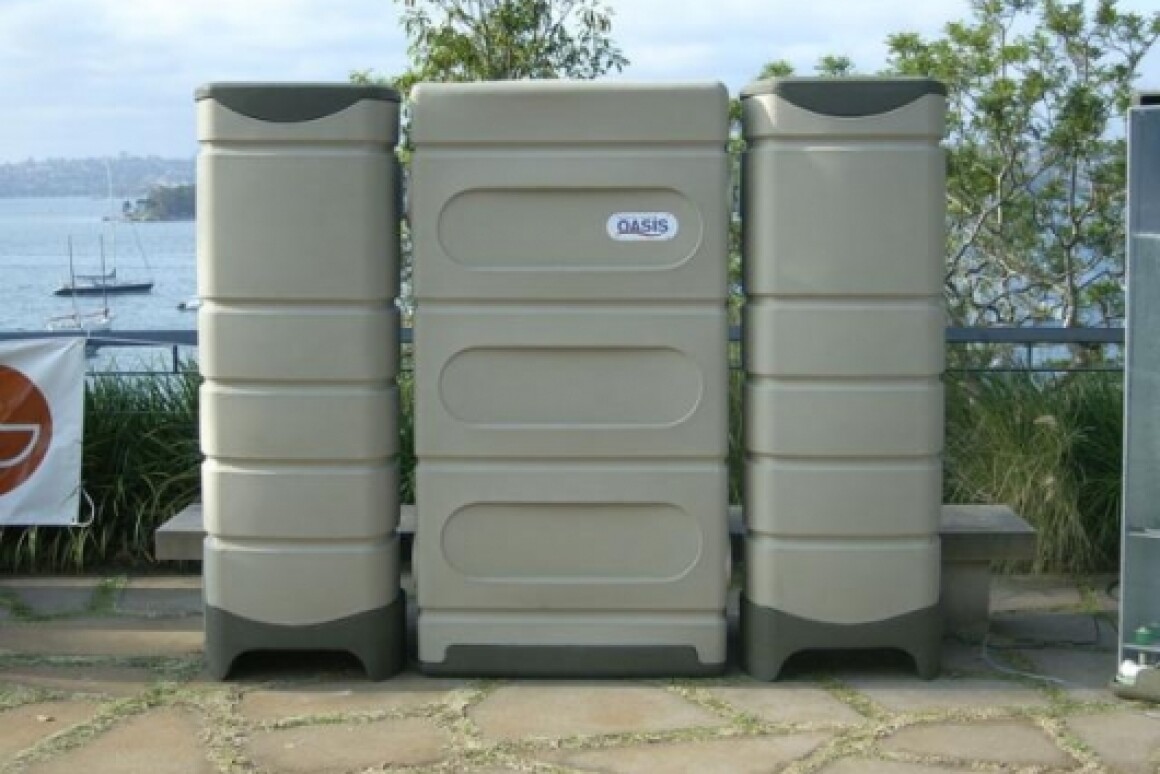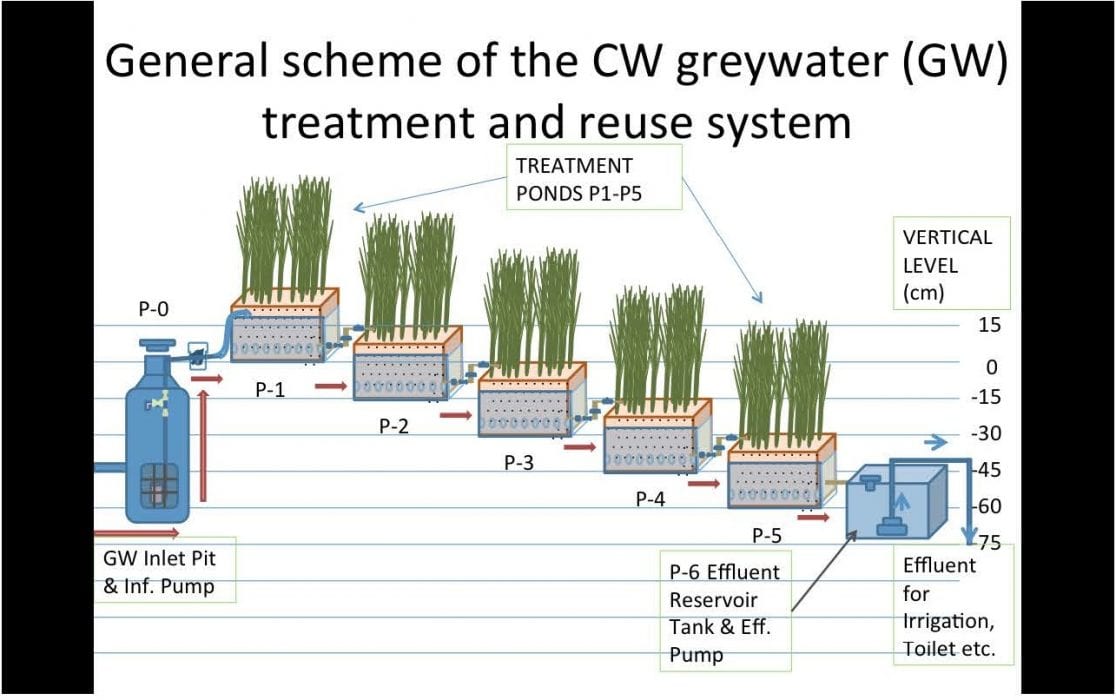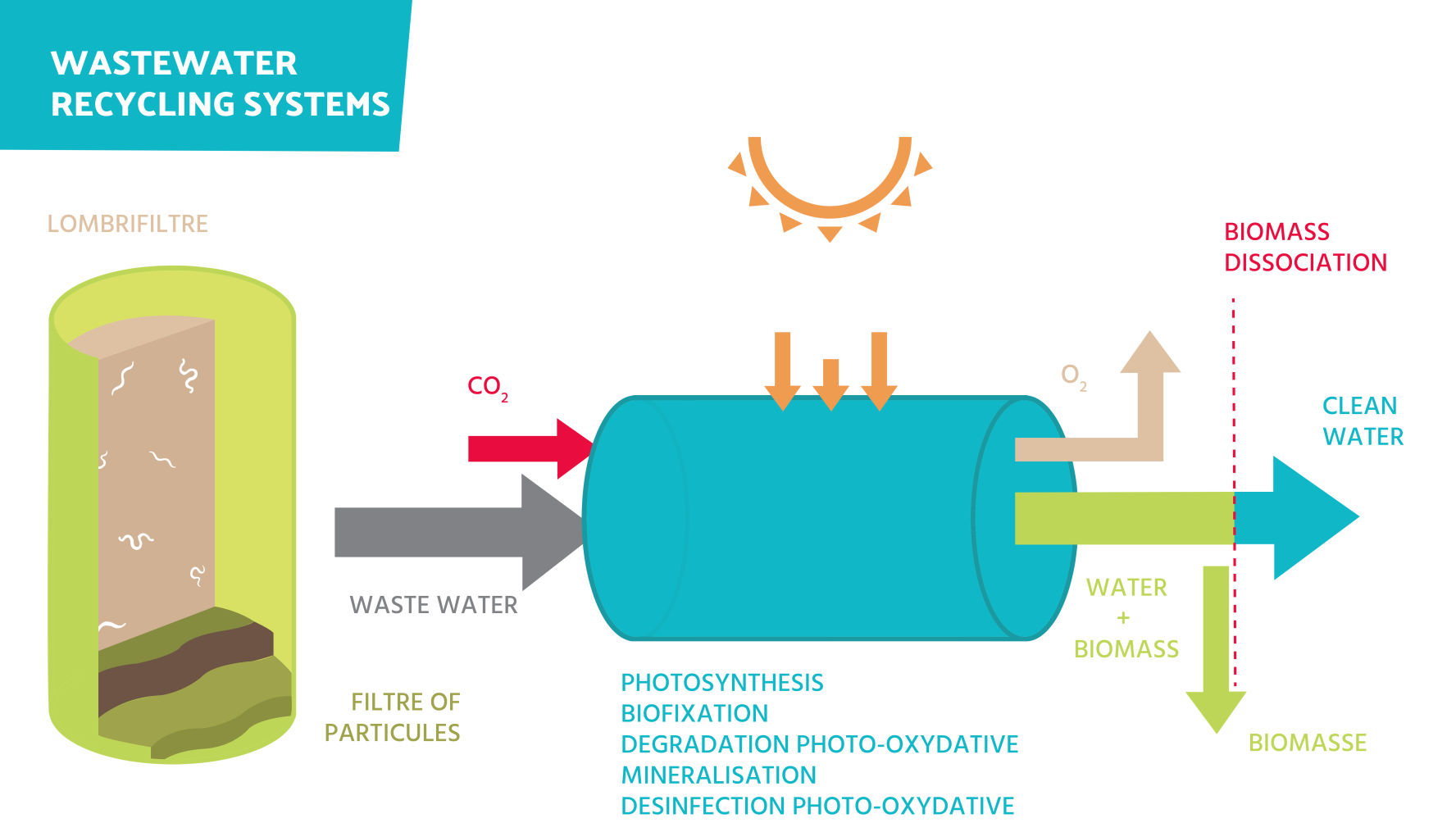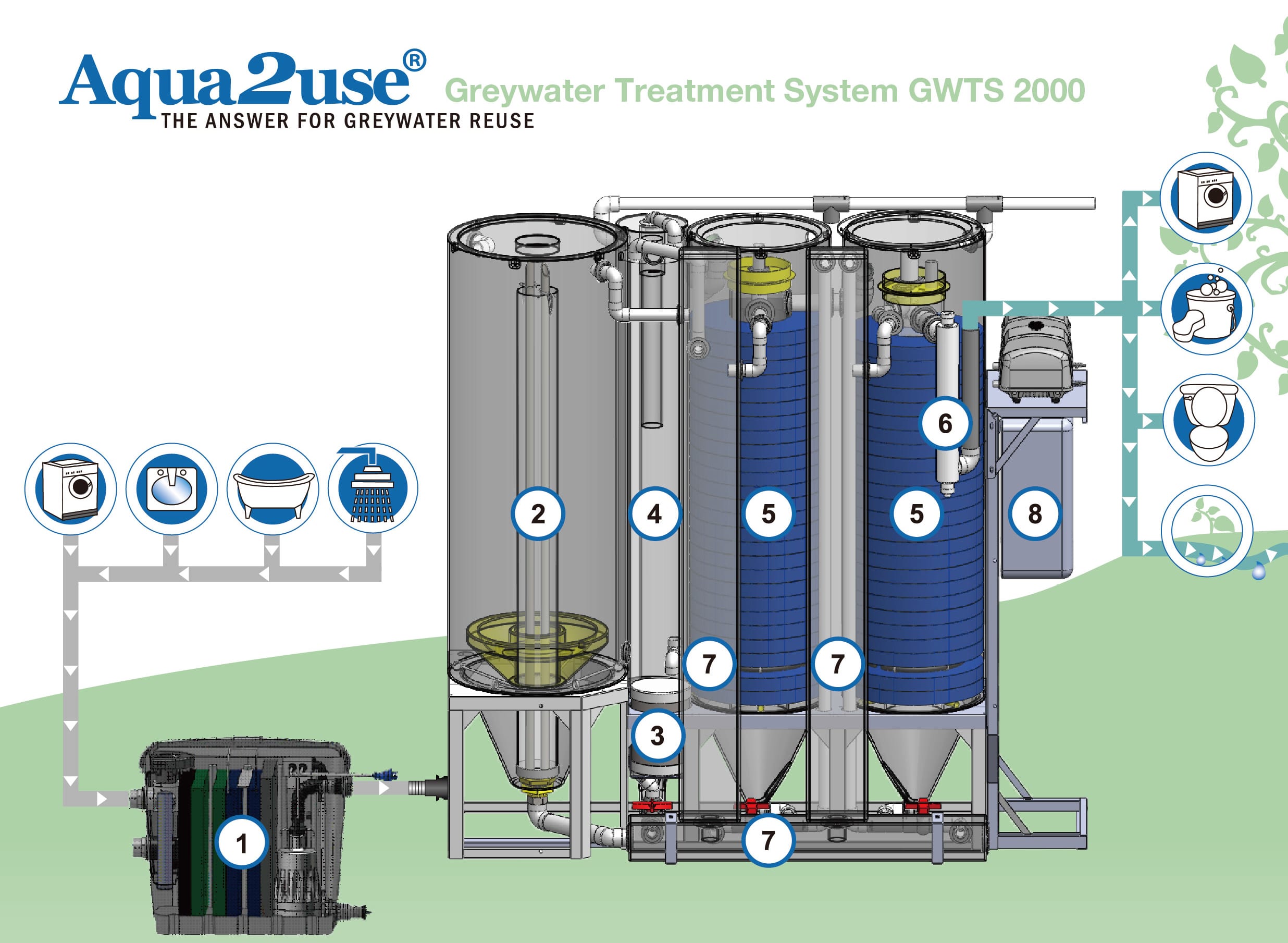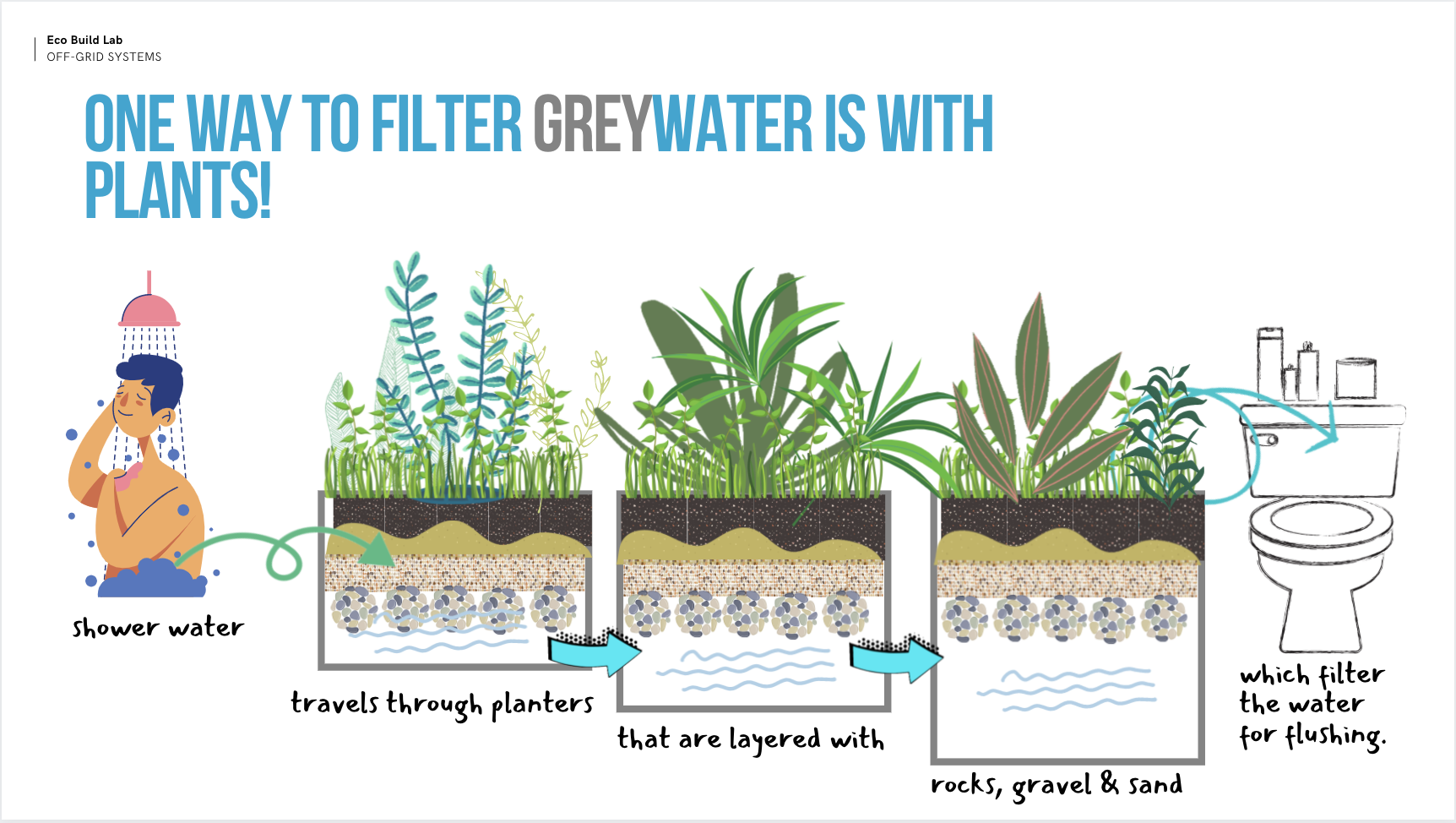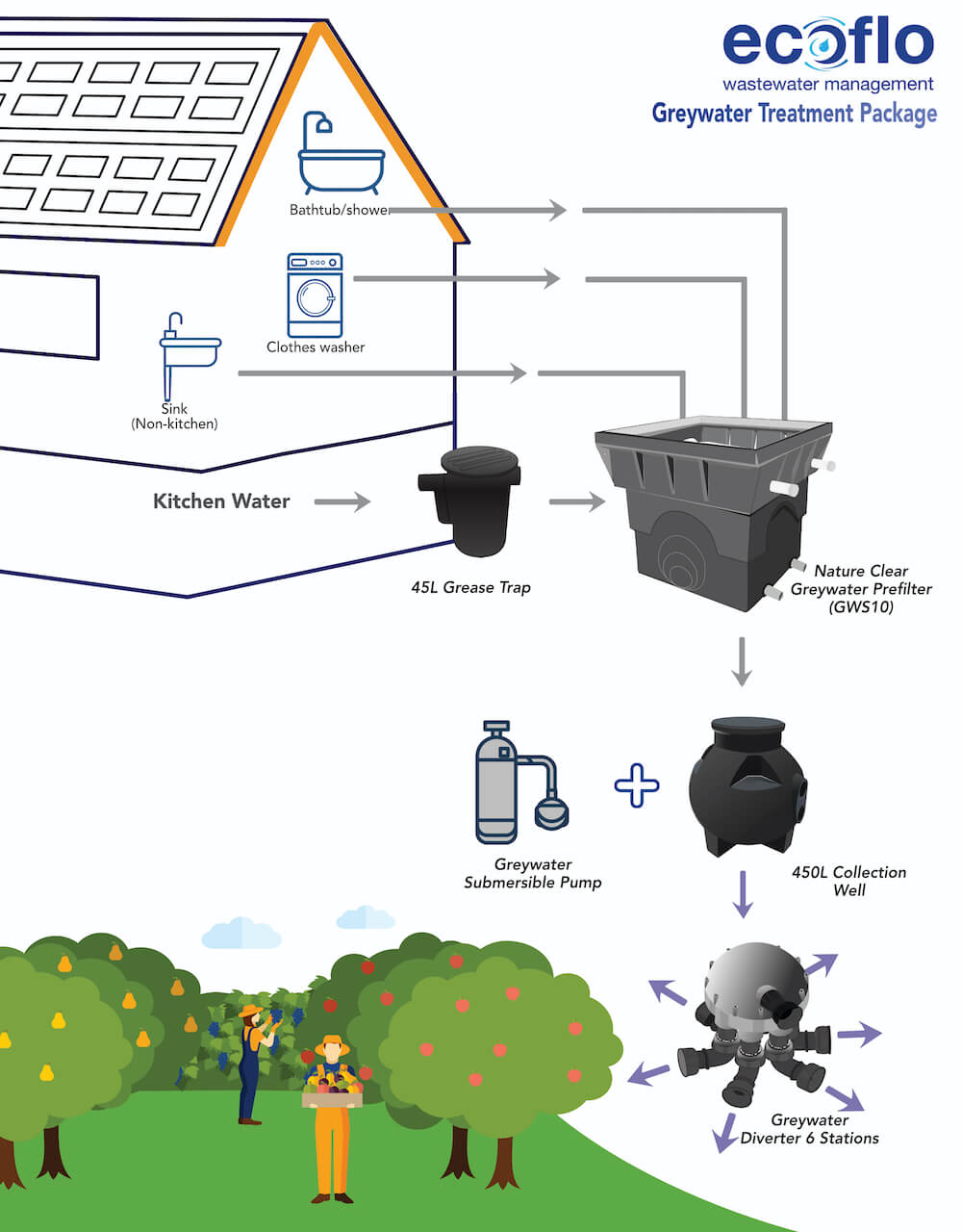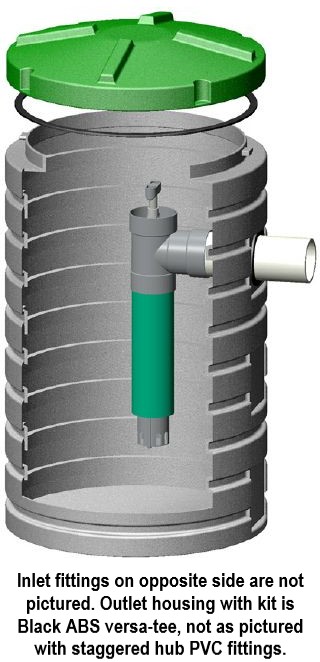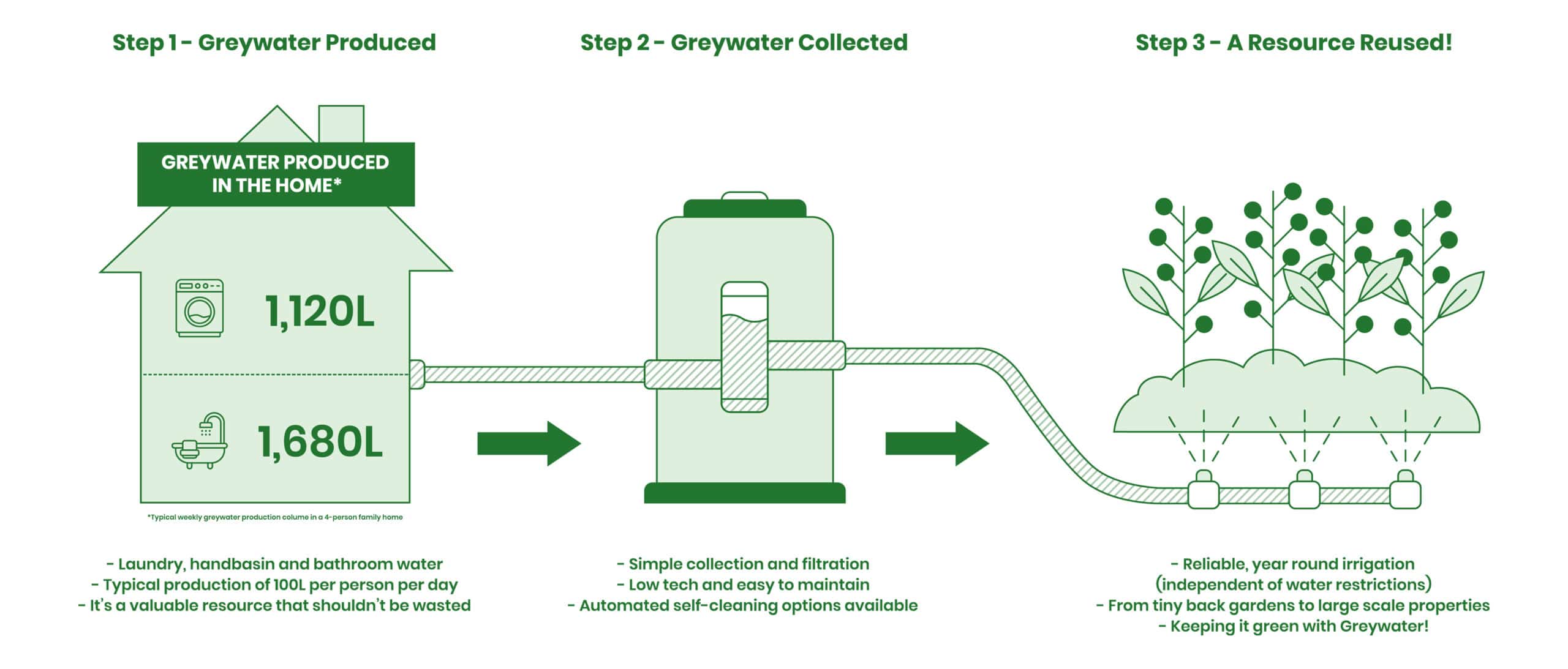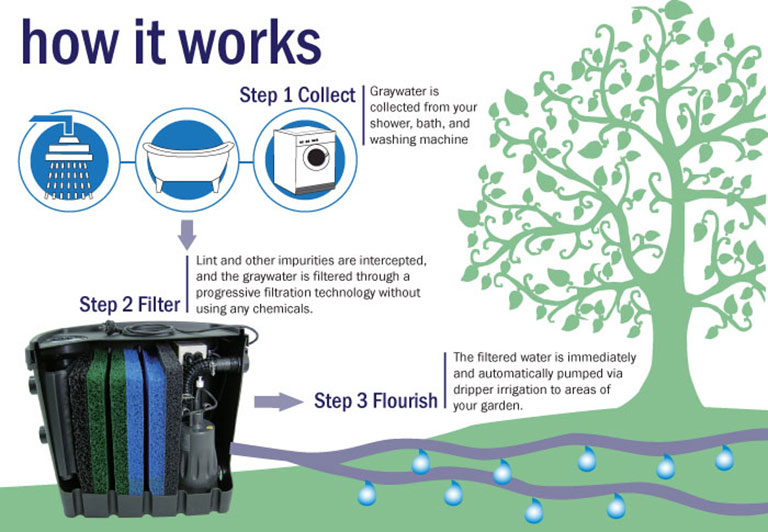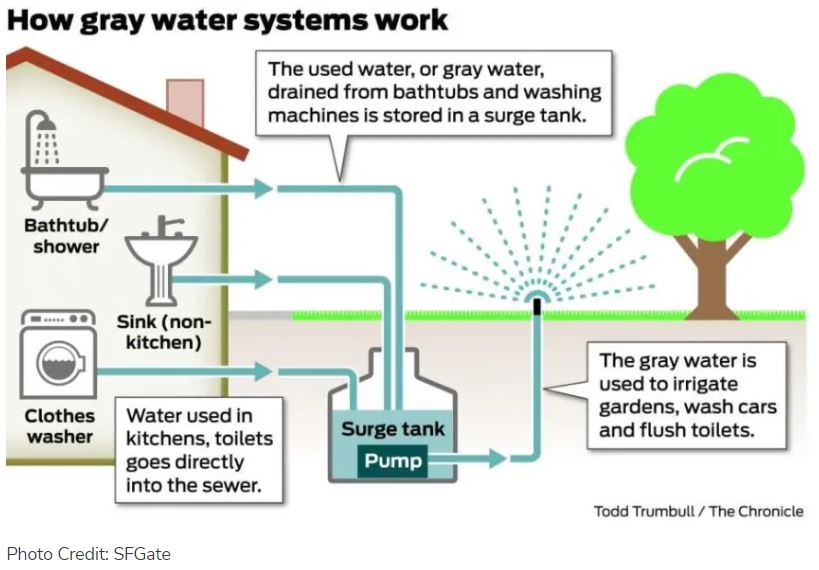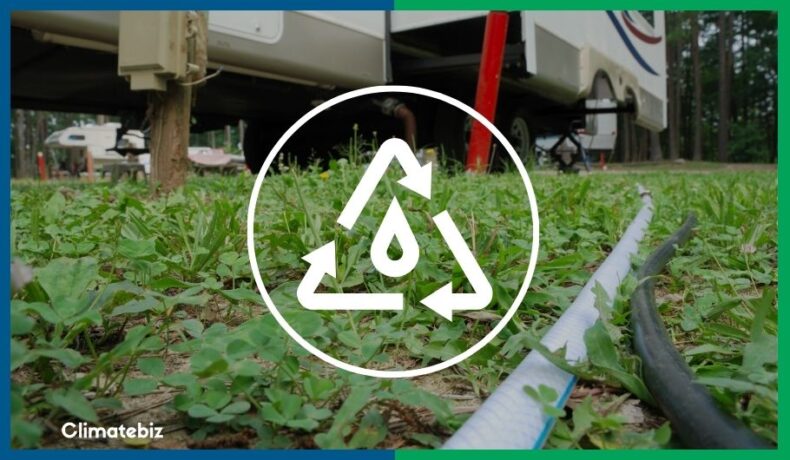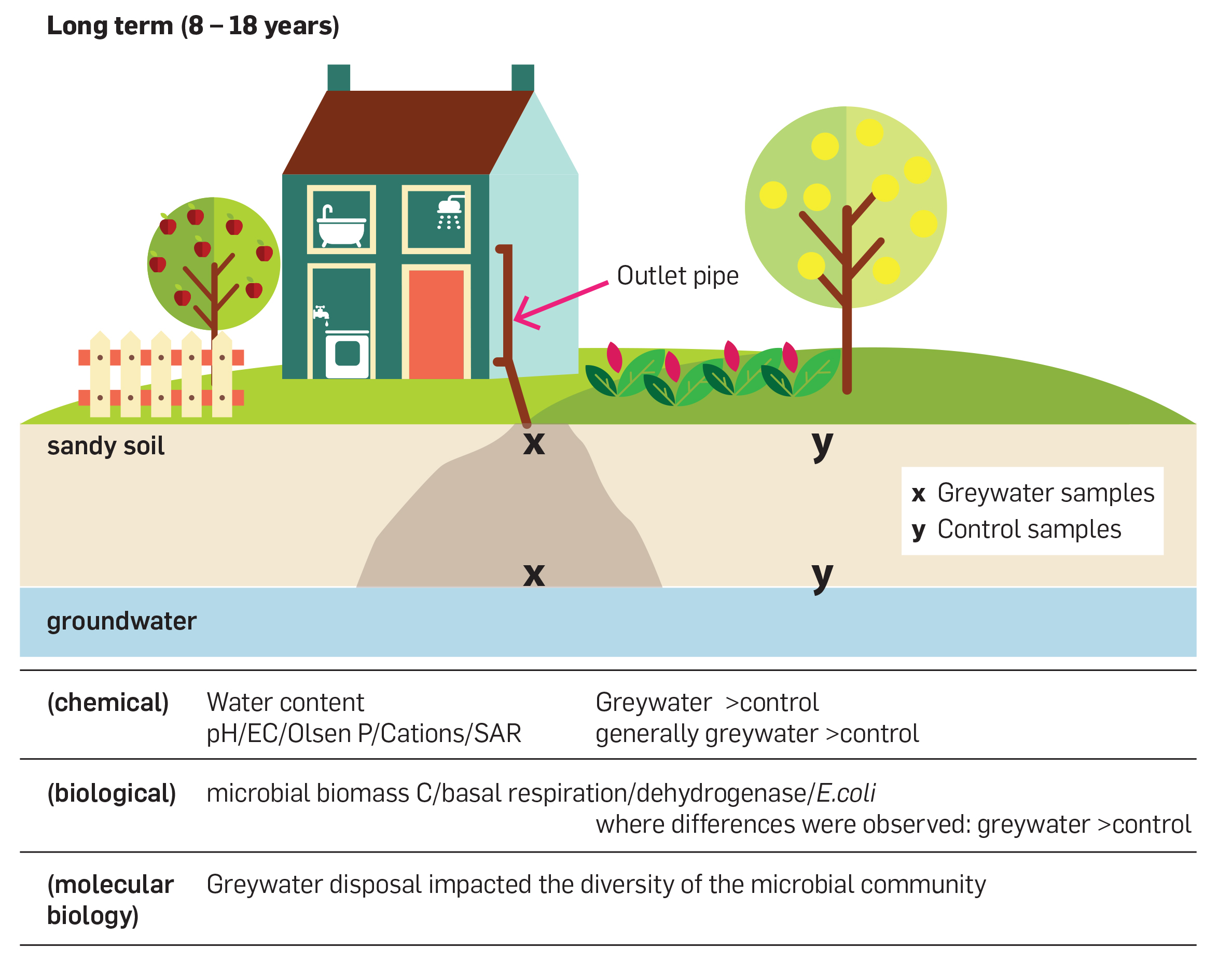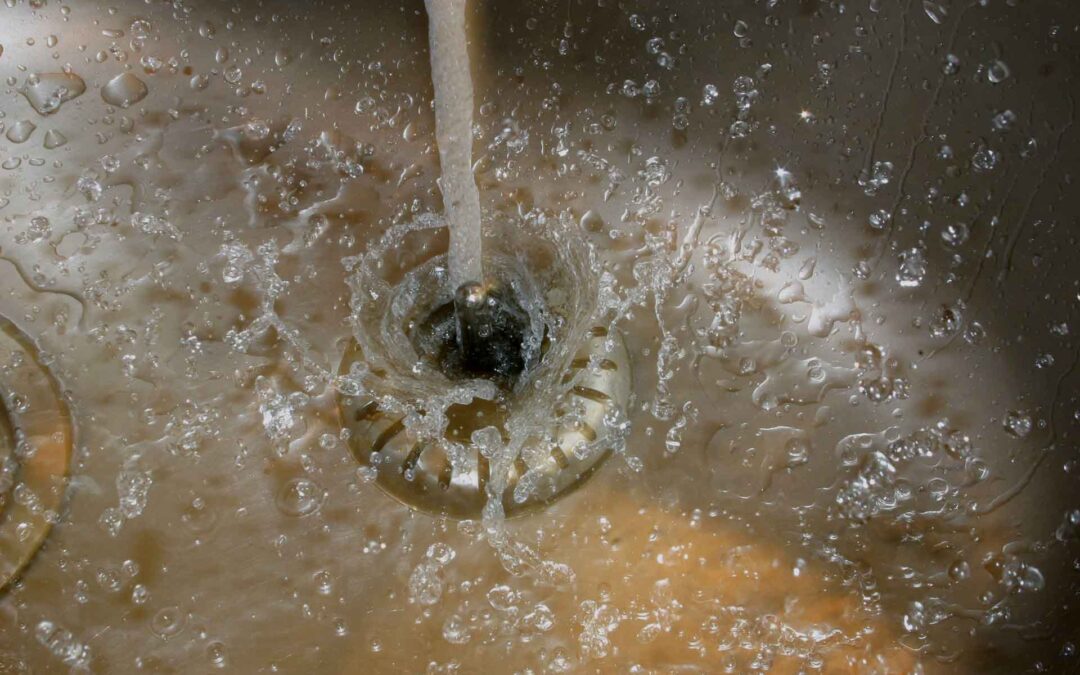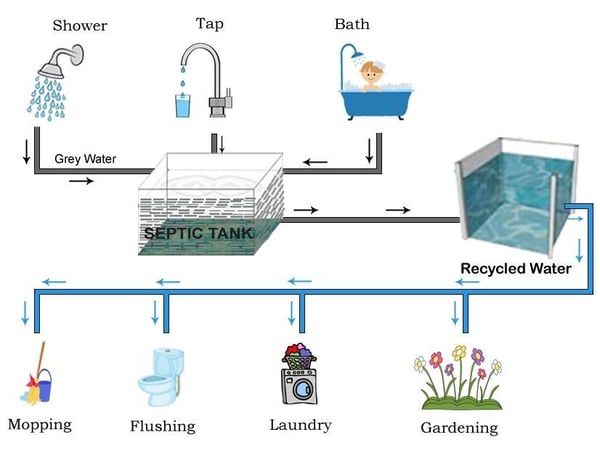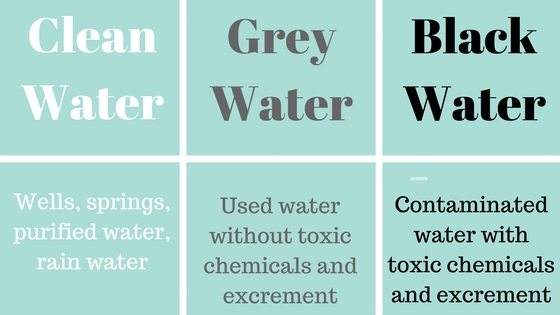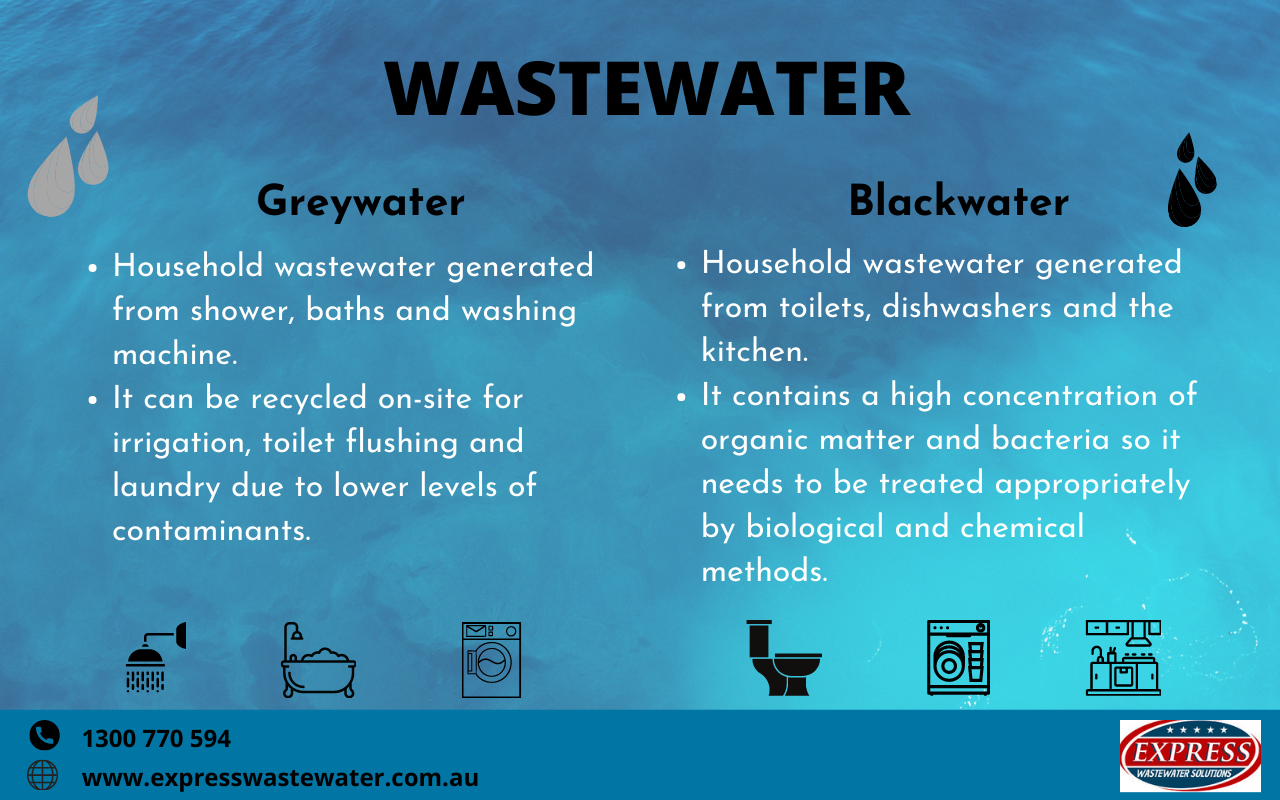Greywater refers to any used water from household activities such as washing dishes, doing laundry, or showering. It does not include water from toilets or water containing human waste. Greywater is often considered to be less contaminated than blackwater, which comes from toilets and can pose health risks if not treated properly.Definition of Greywater
Greywater can be reused in a variety of ways, such as for irrigation, toilet flushing, and even laundry. Reusing greywater can help conserve water and reduce the strain on freshwater resources, making it a more sustainable option for households.Greywater Reuse
Greywater recycling involves treating and filtering greywater to make it safe for reuse. This can be done through various methods, including mechanical, biological, and chemical processes. Recycling greywater not only conserves water but also reduces the amount of wastewater that needs to be treated and disposed of.Greywater Recycling
Treating greywater is essential to ensure it is safe for reuse. This can involve removing contaminants and bacteria through physical, chemical, and biological processes. Some common treatment methods include filtration, disinfection, and sedimentation.Greywater Treatment
A greywater system is a setup that collects, treats, and reuses greywater from a household. These systems can range from simple setups using buckets and pipes to more complex systems with tanks and pumps. The type of greywater system used will depend on the household's needs and budget.Greywater System
Collecting greywater can be done in various ways, depending on the household's setup and needs. It can be collected manually using buckets or diverted from the household's drainage system into a separate collection tank. Proper collection of greywater is crucial for its safe reuse.Greywater Collection
Disposing of greywater is necessary if it cannot be reused or recycled. If greywater is not properly disposed of, it can contaminate the environment and pose a risk to human health. Greywater can be disposed of through septic tanks, municipal sewer systems, or through evaporation and filtration systems.Greywater Disposal
Greywater reuse and recycling are becoming increasingly regulated in many areas due to their potential environmental and health impacts. It is essential to research and follow local regulations when it comes to greywater systems and their use.Greywater Regulations
Greywater can be used for a variety of purposes, from irrigation to flushing toilets. By reusing greywater, households can significantly reduce their water consumption and save money on their water bills. However, it is essential to ensure that the greywater is properly treated and safe for the intended use.Greywater Uses
Using greywater has numerous benefits, both for households and the environment. It can help conserve freshwater resources, reduce the strain on wastewater treatment plants, and save money on water bills. Additionally, reusing greywater can also reduce the energy and chemicals needed for treating and supplying freshwater.Greywater Benefits
Is Kitchen Sink Water Considered Grey Water?

What is Grey Water?
 Grey water is any household wastewater that does not contain human waste, such as from showers, baths, sinks, and washing machines. It typically does not contain harmful pathogens and can be reused for non-potable purposes, such as watering plants or flushing toilets. However, not all types of water from the kitchen sink are considered grey water.
Grey water is any household wastewater that does not contain human waste, such as from showers, baths, sinks, and washing machines. It typically does not contain harmful pathogens and can be reused for non-potable purposes, such as watering plants or flushing toilets. However, not all types of water from the kitchen sink are considered grey water.
Grey Water vs. Black Water
:max_bytes(150000):strip_icc()/water-overflowing-in-kitchen-sink-200553937-001-5797e6335f9b58461f5a6736.jpg) There are two types of household wastewater - grey water and black water. Black water is any water that has come into contact with human waste, such as from toilets or dishwashers. This type of water is considered highly contaminated and can pose health risks if not properly treated. On the other hand, grey water is relatively clean and can be safely reused for certain purposes.
There are two types of household wastewater - grey water and black water. Black water is any water that has come into contact with human waste, such as from toilets or dishwashers. This type of water is considered highly contaminated and can pose health risks if not properly treated. On the other hand, grey water is relatively clean and can be safely reused for certain purposes.
Kitchen Sink Water and Grey Water
 Kitchen sink water is a bit of a gray area when it comes to grey water. While it may seem like it would fall into this category, it actually depends on what goes down the drain. If you are only washing fruits and vegetables or rinsing dishes before loading them into the dishwasher, then this water can be considered grey water. However, if you are washing dirty dishes or disposing of food scraps, then the water becomes contaminated and should not be reused.
It is important to note that any water that comes into contact with grease, oils, or fats should never be considered grey water
. These substances can clog pipes and cause damage to your plumbing system. They can also attract pests and create unpleasant odors if they are not properly disposed of.
Kitchen sink water is a bit of a gray area when it comes to grey water. While it may seem like it would fall into this category, it actually depends on what goes down the drain. If you are only washing fruits and vegetables or rinsing dishes before loading them into the dishwasher, then this water can be considered grey water. However, if you are washing dirty dishes or disposing of food scraps, then the water becomes contaminated and should not be reused.
It is important to note that any water that comes into contact with grease, oils, or fats should never be considered grey water
. These substances can clog pipes and cause damage to your plumbing system. They can also attract pests and create unpleasant odors if they are not properly disposed of.
How to Properly Reuse Grey Water
 If you do decide to reuse grey water from your kitchen sink, it is important to follow some guidelines to ensure safety and effectiveness. First, always use biodegradable and environmentally-friendly cleaning products to avoid any harmful chemicals in the water. You should also avoid using grey water on plants that are meant for consumption, as there is a risk of contamination.
It is also recommended to use grey water immediately after it is produced
, as it can become stagnant and develop harmful bacteria if left sitting for too long. Finally, be sure to properly filter and treat the grey water before using it, as it may contain small particles that can clog irrigation systems or harm plants.
If you do decide to reuse grey water from your kitchen sink, it is important to follow some guidelines to ensure safety and effectiveness. First, always use biodegradable and environmentally-friendly cleaning products to avoid any harmful chemicals in the water. You should also avoid using grey water on plants that are meant for consumption, as there is a risk of contamination.
It is also recommended to use grey water immediately after it is produced
, as it can become stagnant and develop harmful bacteria if left sitting for too long. Finally, be sure to properly filter and treat the grey water before using it, as it may contain small particles that can clog irrigation systems or harm plants.
In Conclusion
 In summary, kitchen sink water can be considered grey water as long as it does not contain any harmful substances or come into contact with grease or oils. It is important to properly filter and treat grey water before reusing it, and to avoid using it on plants meant for consumption. By following these guidelines, you can safely and effectively incorporate grey water into your household water management.
In summary, kitchen sink water can be considered grey water as long as it does not contain any harmful substances or come into contact with grease or oils. It is important to properly filter and treat grey water before reusing it, and to avoid using it on plants meant for consumption. By following these guidelines, you can safely and effectively incorporate grey water into your household water management.



